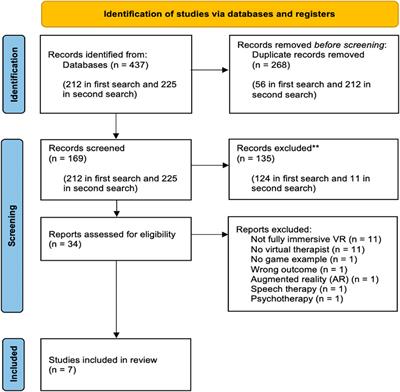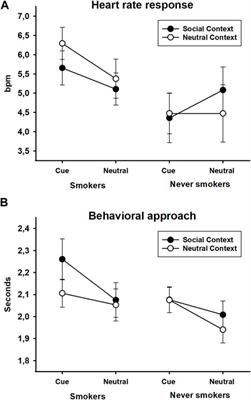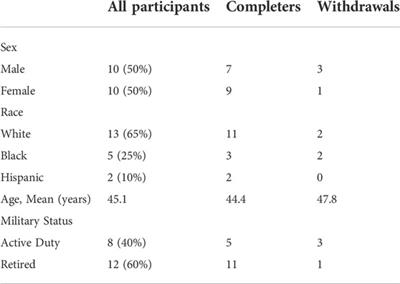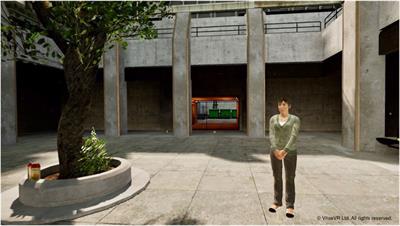EDITORIAL
Published on 30 Aug 2024
Editorial: The role of perceptual manipulations of XR in neurological rehabilitation
doi 10.3389/frvir.2024.1472756
- 397 views
- 1 citation
2,775
Total downloads
15k
Total views and downloads
EDITORIAL
Published on 30 Aug 2024
SYSTEMATIC REVIEW
Published on 05 Feb 2024

ORIGINAL RESEARCH
Published on 08 Mar 2023

ORIGINAL RESEARCH
Published on 22 Nov 2022

ORIGINAL RESEARCH
Published on 02 Nov 2022

ORIGINAL RESEARCH
Published on 14 Sep 2022
